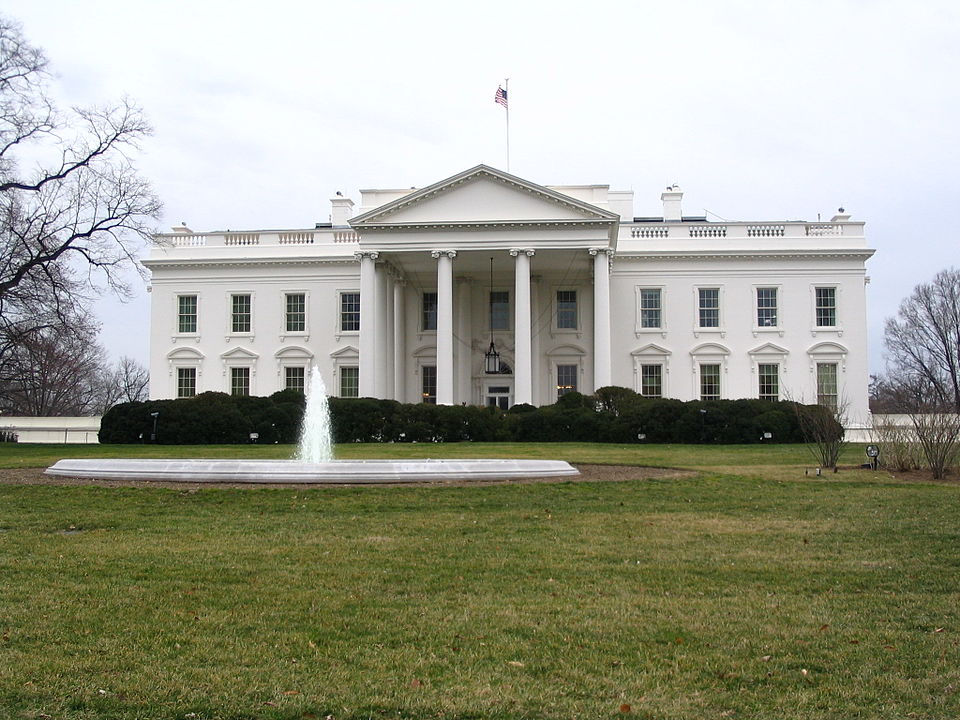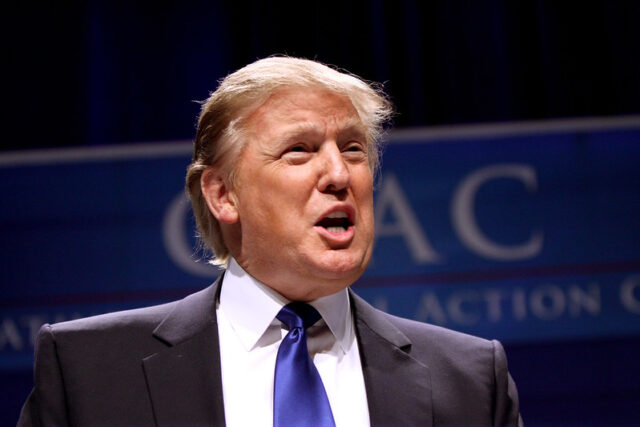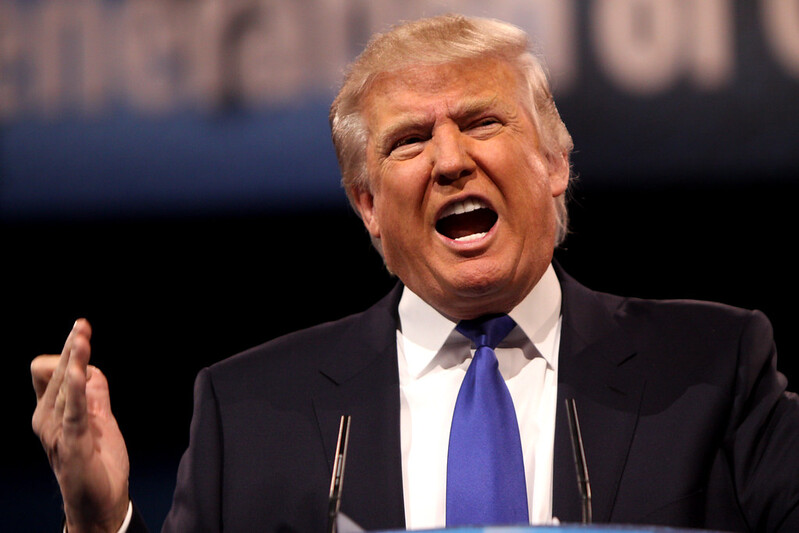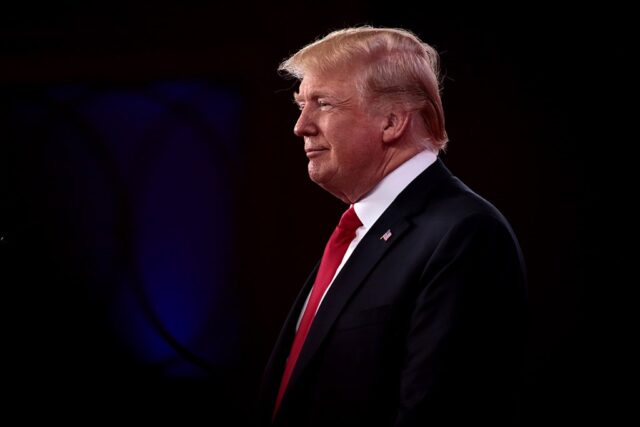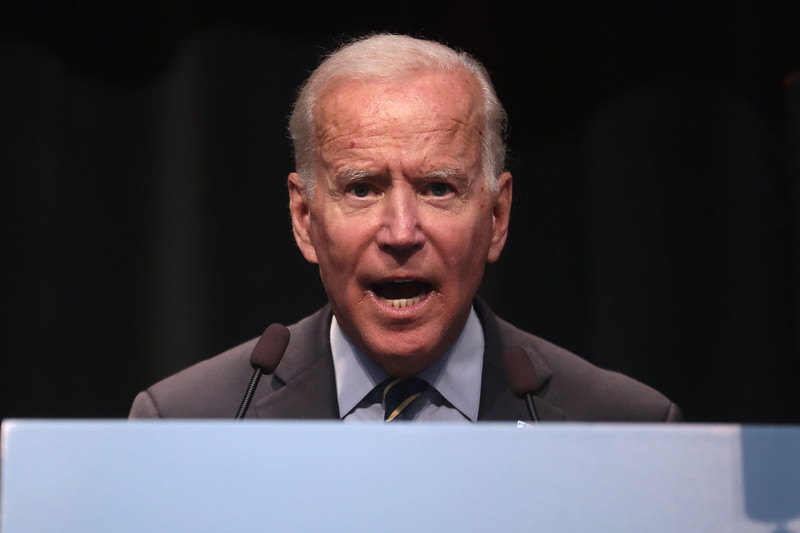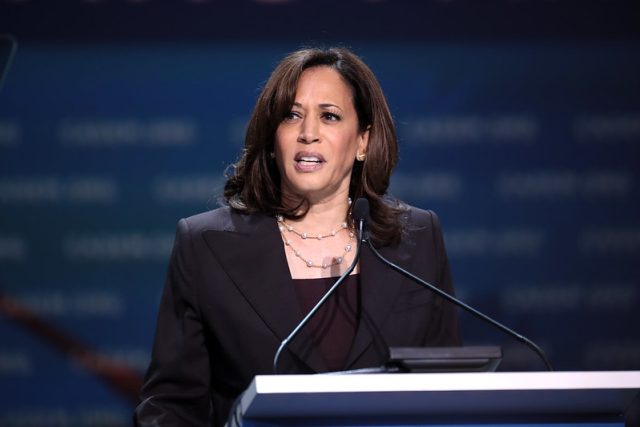Politician Who Left The Democrat Party Endorses Trump For President

Another Democrat is calling it quits and backing Donald Trump for President…
A Texas state lawmaker from the Houston area announced Friday that she is leaving the “almost unrecognizable” Democratic Party.
In an announcement Friday, State Rep. Shawn Tierry explained that she made the switch because the Democratic Party has “veered so far left, so deep into the progressive abyss, that it now champions policies that I cannot, in good conscience, support,” the Texas Tribune reported.
“As a woman, a mother, and a lawmaker, I have dedicated my life to championing the values that fortify our families and uplift our communities. After much reflection, prayer, and soul-searching, I have come to a decision that aligns with my core values and the best interests of our beloved country,” Tierry further explained in an X post.
“For my entire adult life, I have voted as a Democrat. I was raised in a household with my amazing parents who believed the Democratic Party was the party of the people—a beacon of justice and opportunity for all,” she continued. “But as the years have passed, I have watched with dismay as the party I once knew has drifted far from its roots. It has become almost unrecognizable—radicalized and increasingly out of touch with the values that millions of everyday Americans hold dear.”
Thierry also noted how the left stifles debate, silences dissent, and demands “blind allegiance to ideology.”
The former Democrat received a standing ovation on Friday night when she formally announced her decision at a Moms For Liberty event.
“The Democratic Party has moved so far back, so deep into the progressive abyss, that it now champions policies that I cannot, in good conscience, support. Policies like promoting sex changes for vulnerable children, dismantling Title IX protections for women and girls in sports. This is not the party that I grew up with,” Thierry explained.
“And so it’s today, at such a time as this, that I am officially announcing that I am leaving the race and the life of the Democratic Party.”
Thierry was recently defeated in a primary election after she voted to ban gender reassignment surgeries for children and bar biological men from competing in women’s sports.


